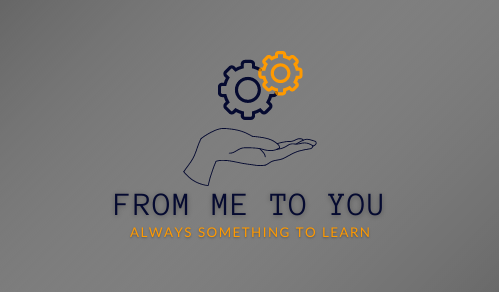When you observe someone’s true integrity, you are able to see past what they claim to be, and instead are able focus on what they truly embody. Integrity is the measure of an individual’s honesty, morals and character. Without being able to get a sense of someone’s true level of integrity, we would be left without one of our best tools to figure out how much we can trust someone. Being something that we can detect and make inferences on, integrity is also something that we can build for ourselves. Everyone has their own beliefs, set of morals and overall guidelines they follow and live their life by. It is not only how much we stick to our own guidelines, but what the general philosophy of them are that we should reflect on when evaluating our own level of integrity.
Put simply, integrity is not something you can just say you do or do not have; it is through your actions and upholding your core beliefs that illuminate your character. A basic example would be your beliefs on doing work; say you believe that your work should be done on time, with the highest quality of effort put into it. Should you commit your actions to reflect your belief of submitting your work on time and with the highest quality of effort you could possibly provide at that moment, then your integrity is pretty high in that area.
On the other hand, say you commit yourself to the work or roles of an organization, and you have accepted the responsibilities that go along with that role you accepted. Should you falter repeatedly on your duties, your overall level of integrity in the area of responsibility and follow-through on your accepted tasks would be pretty low.
There are many things that can eat away — or defeat — your integrity should you commit certain follies. Now, we all make mistakes and it would not be reasonable to expect perfection from someone every waking moment. We all slip up, we all have situations that come up out of nowhere and derail our plans — it is called life.
In a Stanford University article published in the Stanford Encyclopedia of Philosophy, the writer states, “Profound moral failure may be an independent defeater of integrity, just as hypocrisy, fanaticism and the like are defeaters of integrity. One might judge as internal to such a conception of virtue the idea that integrity is incompatible with major failures of moral imagination or moral courage, or with the maintenance of wholly unreasonable moral principles or opinions.” https://plato.stanford.edu/entries/integrity/#InteVirt
Whatever our morals, integrity is our ability to maintain them. Should they be out of line with what we can do, or what we truly are, then we can expect to fail meeting those moral obligations. An apt comparison would be our goals; should we set our goals too high, we can expect to fail more often than not and gawk at the distance separating where we are from where we want to be. While failure is a part of growth, successive failures without any wins can lead to us quitting before we reach our goal.
Should we set our goals too low, we will run into too few opportunities to fail and grow, but should we set our goals — and in turn our morals and beliefs — to a reasonable ideal, then our follow-through will be all the more worthwhile. In short, integrity is the measurement of our actions towards the achievement of our beliefs. Should our beliefs be out of line with what we truly are, then we can expect our success in meeting our beliefs through action to be minimal.
TEDx Talk – https://youtu.be/L2fwsSdo928
Evan Brooks is a third-year Business Management major with minors in Economics and Civil and Professional Leadership. EB916132@wcupa.edu

